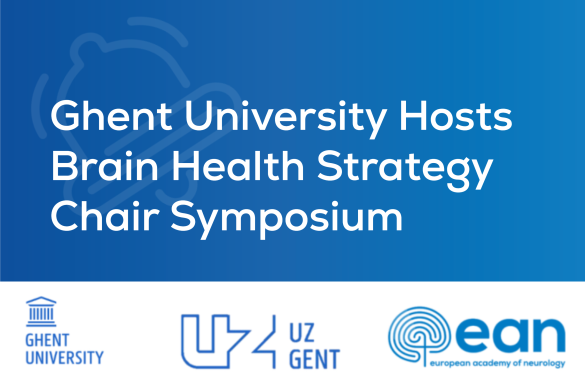by Letizia Leocani & Viktoria Papp
Each month the eanNews editorial team reviews the scientific press for recently published papers of outstanding interest to neurologists. Below we present our selection for July 2024.
1. Safety and efficacy of inebilizumab for the treatment of neuromyelitis optica spectrum disorder: end-of-study results from the open-label period of the N-MOmentum trial (Lancet Neurol.)
This study reports results of the extension period of N-MOmentum, a double-blind, randomised (3:1), placebo-controlled, phase 2/3 study assessing the safety and efficacy of inebilizumab, a B-cell depleting anti-CD19 antibody, in individuals with neuromyelitis optica spectrum disorder (NMOSD). Participants could enter the open-label period after completing 28 weeks in the randomised phase or if they had an adjudicated attack or were still in the randomised controlled period when enrollment stopped. At the end of the randomised period, 174 participants in the inebilizumab group and 51 (91%) of 56 in the placebo group entered the open-label period. At the data cutoff, 225 participants of whom (92%) AQP4-IgG were seropositive, formed the ‘any inebilizumab’ population, having received at least one dose of inebilizumab at any time (median exposure of 1178 days). Unadjusted annualised attack rates were lower with inebilizumab vs placebo during the randomised period (inebilizumab, 0·26 [95% CI 0·14–0·48]; placebo, 1·03 [0·65–1·54]) and continued to decline during the open-label period, for both the any inebilizumab population and the any inebilizumab AQP4-IgG seropositive subgroup. Compared with the placebo group during the randomised phase, the any inebilizumab group had fewer disease-related hospitalisations, lower annualised rates and active MRI lesions, and improvements in the SF- 36 physical component, better stabilisation of EDSS scores. These benefits were sustained over time. Overall, treatment was well tolerated, with the most frequent side effects being urinary tract infection (26%) and nasopharyngitis (21%); 3% discontinued treatment due to treatment-emergent side effects. Overall, these data indicate sustained clinical benefits supporting the role of inebilizumab as a B-cell-depleting therapy in NMOSD.
2. Brigatinib in NF2-Related Schwannomatosis with Progressive Tumors (N Engl J Med)
NF2-related schwannomatosis (Neurofibromatosis type 2) is a progressive condition without currently approved medication. This phase 2 trial assessed a potential treatment, brigatinib, a multiple tyrosine kinases inhibitor, in patients with progressive NF2-SWN tumours. Data from the included pretreated 40 patients after a median follow-up of 10.4 months showed a radiological response and decreased growth rate for all tumours. Improvement was reported in hearing and pain severity. No severe adverse event was observed. These results suggest that brigatinib is a promising drug in NF2-related schwannomatosis.












